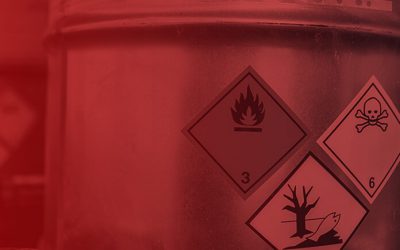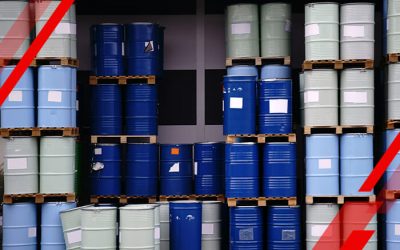Most universities and colleges, with their laboratories and medical facilities, have hazardous materials on site that need to be stored and disposed of properly. Failure to do so can result in massive fines and punitive actions being taken against the educational institution. Because proper management of these waste streams is so important, the following are some crucial things to keep in mind regarding how to manage hazardous waste within your academic setting.
Service Request
Have waste that requires compliant handling or disposal? Fill out our service form and an MCF Environmental Representative will get back to you quickly with next steps!
Please note we do not provide disposal services for household waste

















